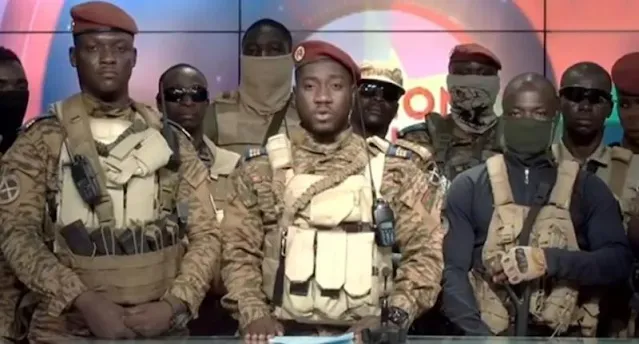In the most recent bloodshed to strike the unrest-plagued region, fighters from a notorious militia hacked 14 civilians to death in an attack in eastern DR Congo, local officials reported Sunday.
According to Jacques Anayey Bandingama, the leader of a local youth organisation, suspected ADF militants slaughtered 14 people "by machete" on Saturday night in Kyamata, in the Banyali Tchabi chiefdom of Ituri province.
He claimed that the fighters set fire to 36 homes in the village and injured two more people.
The death toll was confirmed by the chief of Banyali Tchabi, Etienne Babanilau Tchabi, to AFP, who also learned that the corpses had been interred in a single tomb.
“This attack threatens the return of my people,” he told AFP. “My chiefdom is empty. Seventy percent of people are displaced.”
Armed groups have roamed the volatile east of the Democratic Republic of Congo for decades, many of them a legacy of wars that flared in the late 1990s and early 2000s.
The Allied Democratic Forces (ADF) — which the Islamic State group claims as its Central African offshoot — is among the most violent of more than 120 movements active in the region.
It has been accused of slaughtering thousands of Congolese civilians and carrying out bomb attacks in neighbouring Uganda.
Faustin Mboma Babanilau, the president of a cultural association in Banyali Tchabi, blamed the attack on a lack of army presence in the area.
“In the office of the chiefdom, for example, there are only two soldiers,” he said. “Go figure.”
Lieutenant Jules Ngongo, a Congolese army spokesman, condemned the attack and appealed for calm.
“Our services are on the ground and will be able to give us the final toll,” he told AFP.
The DRC and Uganda launched a joint offensive against the ADF in November 2021, but the militia continues to wreak havoc across swathes of territory.
Faced with continued attacks from various militias, the Congolese government last year also placed Ituri and neighbouring North Kivu province under emergency administration in a bid to quell the violence.
Under this so-called “state of siege”, the government replaced senior civilian officials with members of the security forces. Attacks have continued, however.



